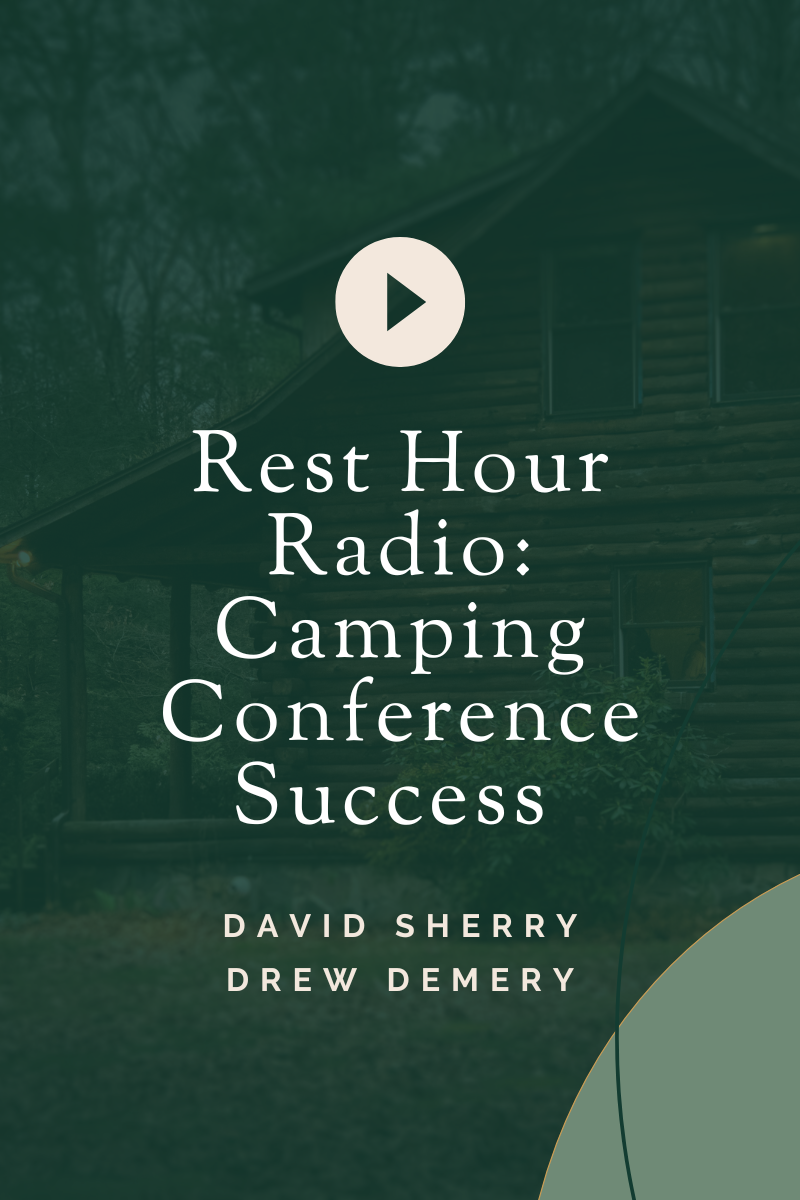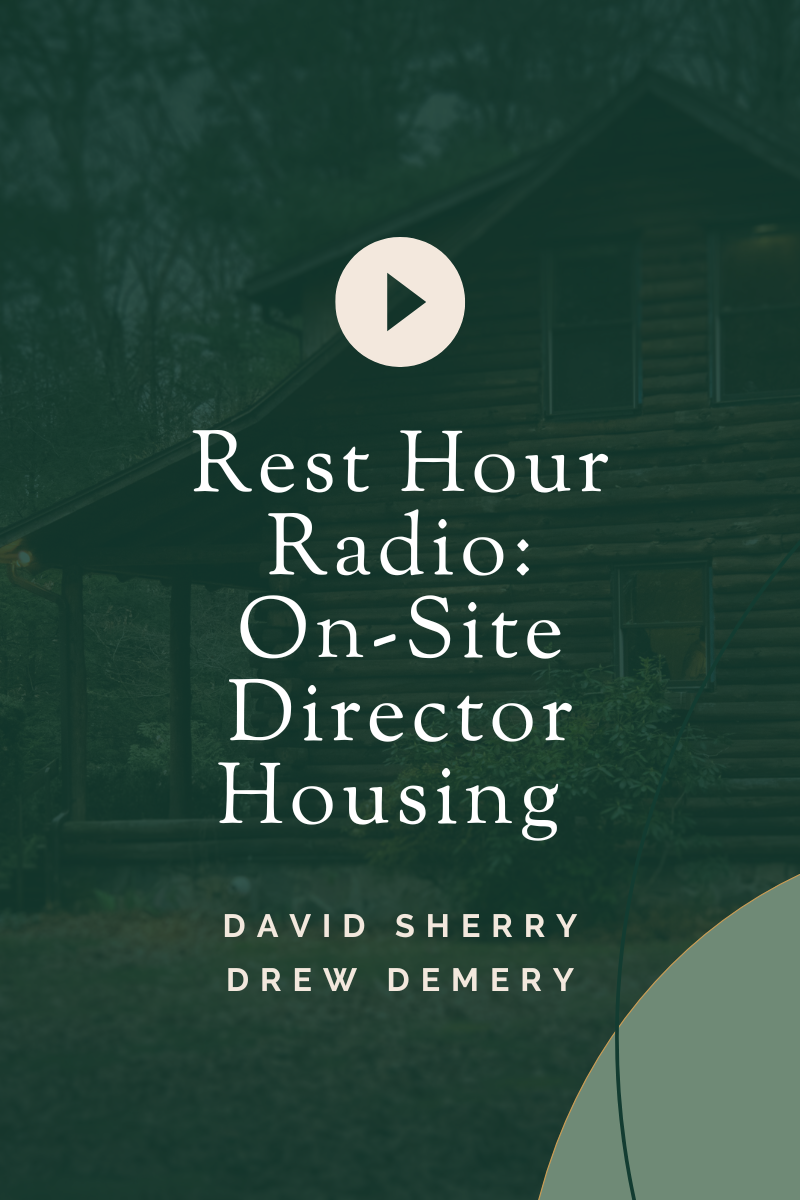There's no 'one size fits all' approach to master planning or it's implementation.
In my September article, ‘(Master) Planning for the Future, I shared several ideas and suggestions for considering whether a property master plan would help your camp realize your goals. Among these are the reasons camps often embark on a master planning process, such as to update old and outdated buildings, to plan for future expansion and growth, or to address site and/or environmental concerns. The reasons for master planning are many and varied. The same can be true for how a master plan is implemented, and I’d like to share a few ideas on that subject drawing from a few recent project experiences.
Master planning has changed over the past few decades. Early in my career, we designed master plans that were effectively interpreted as blueprints for future development with the entire property being thoughtfully designed to a high level of detail. This is very effective for camps that have funds on hand to pay for the capital improvements. Once the master plan is completed, the design team works with the camp to develop the schematic design and construction documents of the proposed buildings. Pending the complexity of the master plan, the implementation and construction of the buildings can be measured in a few years from the completion of the master plan.
Other camps will require time to raise funds for the capital improvements, which means their implementation timeline is measured in a few to several years. In these cases, the master plan is often designed to allow for some flexibility for implementation. Typically, these are not as highly detailed as the scenario mentioned above.
When it’s determined that certain buildings and program areas will be more immediately implemented (within a year or two) and others that may not be implemented for five to ten years, the planner can adjust the layout and design of the master plan can adjust to ensure proposed new roads and infrastructure, or the relocation of existing infrastructure address both short- and long-term development. The implementation can likewise be phased to support a more targeted fundraising campaign as it identifies immediate priorities and longer-range developments.
An effective master plan can also guide future land use and programmatic decisions based on what is not shown. A long-time client recently told me that they refer to their master plan every time they consider adding a new program or experience at their camp. They pull up the master plan drawing (in this case a 36” x 48” illustrative color rendering – essentially a map of both current, existing development and proposed future development) and discuss the proposed new program idea based on a ‘fit’ to their master plan and to their mission, purpose, and values. If the new idea doesn’t align with their mission, purpose, and values, or if there isn’t a suitable location on their property, they decide not to pursue it. By revisiting the master plan and their values, this becomes a thoughtful and intentional decision and avoids adding a new program in an area that would create future issues, concerns, or conflicts with nearby surrounding buildings, programs, and camp experiences.
Ideally, your planner will meet with you to understand your specific camp’s needs, program goals, your mission, purpose, and values, as well as the unique characteristics of your property and then propose a master planning approach and timeline that aligns with your specific needs. The take-home message is there’s no ‘one size fits all’ approach to master planning or the implementation of a master plan.
Hopefully, this gives you something to consider if a camp master plan is in your future for 2024!
~ Tom Neppl, PLA
The Sherry Group Team Member






